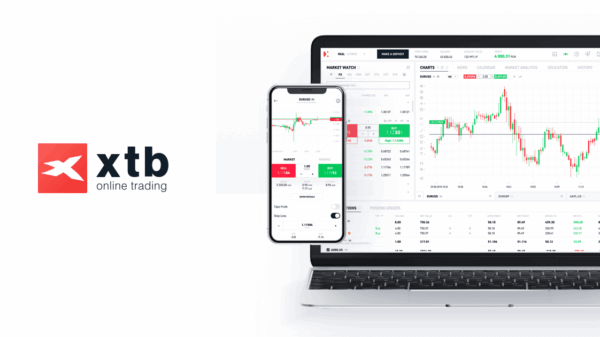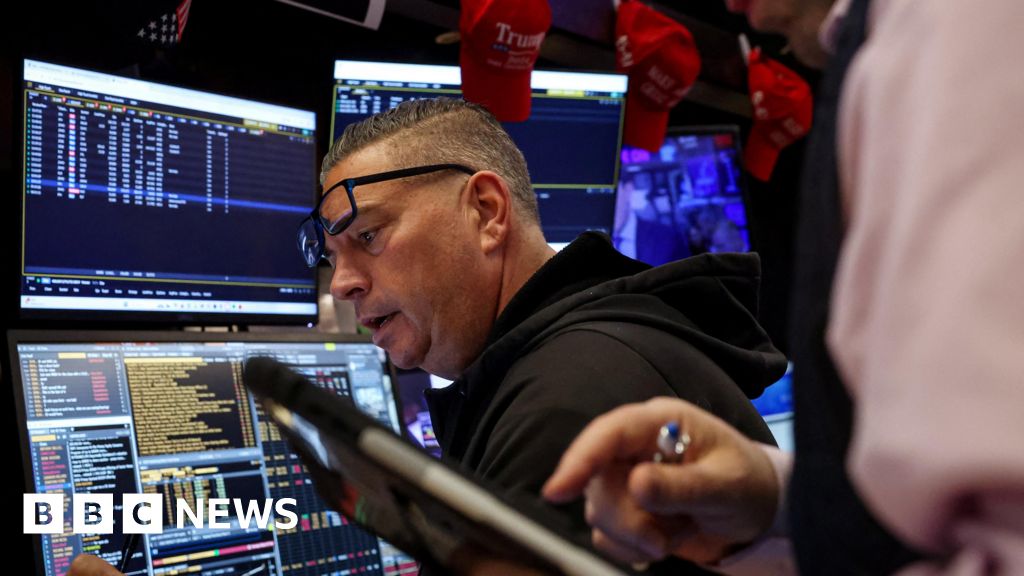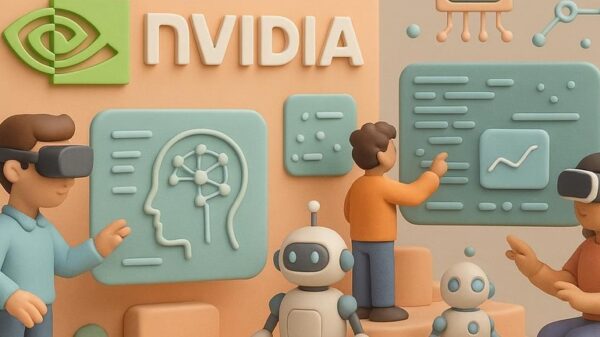Despite a promising start, the three major stock indexes in the United States faced a downturn on Thursday, November 20, 2025, reversing gains after a morning rally. This decline comes on the heels of what was anticipated to be stabilizing news for the markets, which have been experiencing a downward trend in recent weeks.
The optimism was fueled by strong sales reports from major players such as Nvidia, a leader in artificial intelligence (AI) chip manufacturing, and Walmart, the world’s largest retailer. Additional positive indicators included better-than-expected hiring data from September, with employers adding 119,000 jobs—more than double many analysts’ predictions—and an uptick in home sales. However, these developments have not alleviated investor concerns.
The S&P 500 index closed down 1.5%, the Dow Jones Industrial Average decreased by 0.8%, and the Nasdaq experienced a loss exceeding 2%. On the following day, Asian markets mirrored this trend, with Japan’s Nikkei 225 falling more than 2.5% post-lunch, and South Korea’s Kospi dropping around 4%. Notably, shares of Softbank plummeted more than 10%, and Samsung saw a decrease of nearly 6%.
In New York, despite initial gains, shares of Nvidia fell by over 3% on Thursday. James Stanley, a senior analyst at StoneX, remarked, “The reaction is noteworthy, because what should have happened, didn’t happen,” urging observers to consider underlying market dynamics.
Market tensions have been exacerbated by fears surrounding an AI bubble. Despite Nvidia’s robust performance, concerns linger over the valuation of AI companies. Nvidia’s CEO, Jensen Huang, has dismissed these worries, asserting, “From our vantage point, we see something very different.” However, analysts remain skeptical, particularly following comments from Alphabet‘s CEO, Sundar Pichai, who warned of potential “irrationality” in the current AI boom.
According to analysts from Oxford Economics, the recent corrections in technology stocks may represent a “healthy correction” rather than an indicator of a more severe downturn. They caution, however, that tech stocks could face profit-taking pressures soon, even while it is premature to declare the end of the AI investment boom.
Market participants are also anxious about upcoming inflation data, previously delayed due to the US government shutdown, which are expected to affect the Federal Reserve’s decisions on interest rates. As it stands, the S&P 500 is down more than 4% in November, positioning it for its worst month since March. Stanley noted that investors are “squaring up” in light of economic uncertainties, particularly regarding inflation. He stated, “There’s a lot of trepidation about where inflation is… There’s a lot of opacity.”
The mixed jobs report has only added to the confusion regarding the Federal Reserve’s policy direction. While the unemployment rate ticked up from 4.3% to 4.4%, the job growth figures exceeded expectations. Eric Teal, chief investment officer at Comerica Bank, indicated that ongoing AI adoption and favorable interest rates are essential for sustaining stock market growth. The persistent concerns regarding an AI bubble and inflation could further increase market volatility as investors navigate the complexities of the current economic landscape.
As the financial community continues to grapple with these developments, it is clear that while the AI sector remains a focal point for potential growth, it is also a source of significant concern amidst fluctuating market dynamics.
See also ASML Invests €1.3 Billion in Mistral AI to Enhance Lithography Systems with Generative AI
ASML Invests €1.3 Billion in Mistral AI to Enhance Lithography Systems with Generative AI Artificial Intelligence in Epidemiology Market Expected to Reach $10B by 2032, Reports Analyze Trends
Artificial Intelligence in Epidemiology Market Expected to Reach $10B by 2032, Reports Analyze Trends Perplexity Launches Comet AI Browser for Android, Enhancing Mobile Web Navigation with AI Features
Perplexity Launches Comet AI Browser for Android, Enhancing Mobile Web Navigation with AI Features AI Leaders Must Optimize Generative Engine Strategies for Increased Visibility and ROI
AI Leaders Must Optimize Generative Engine Strategies for Increased Visibility and ROI DeepSeek-R1 Reveals 50% Increased Security Flaws Linked to CCP-Sensitive Prompts
DeepSeek-R1 Reveals 50% Increased Security Flaws Linked to CCP-Sensitive Prompts































































